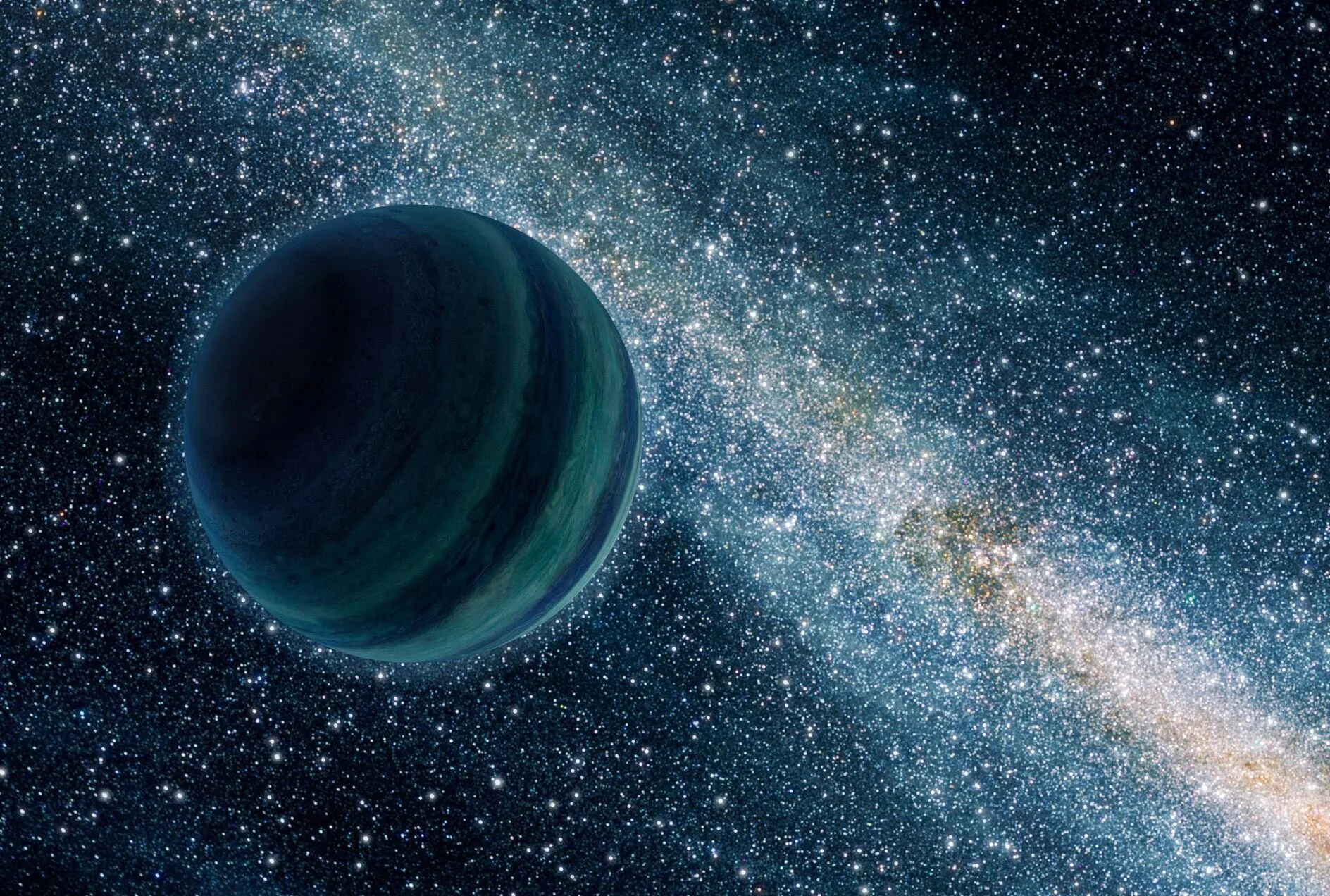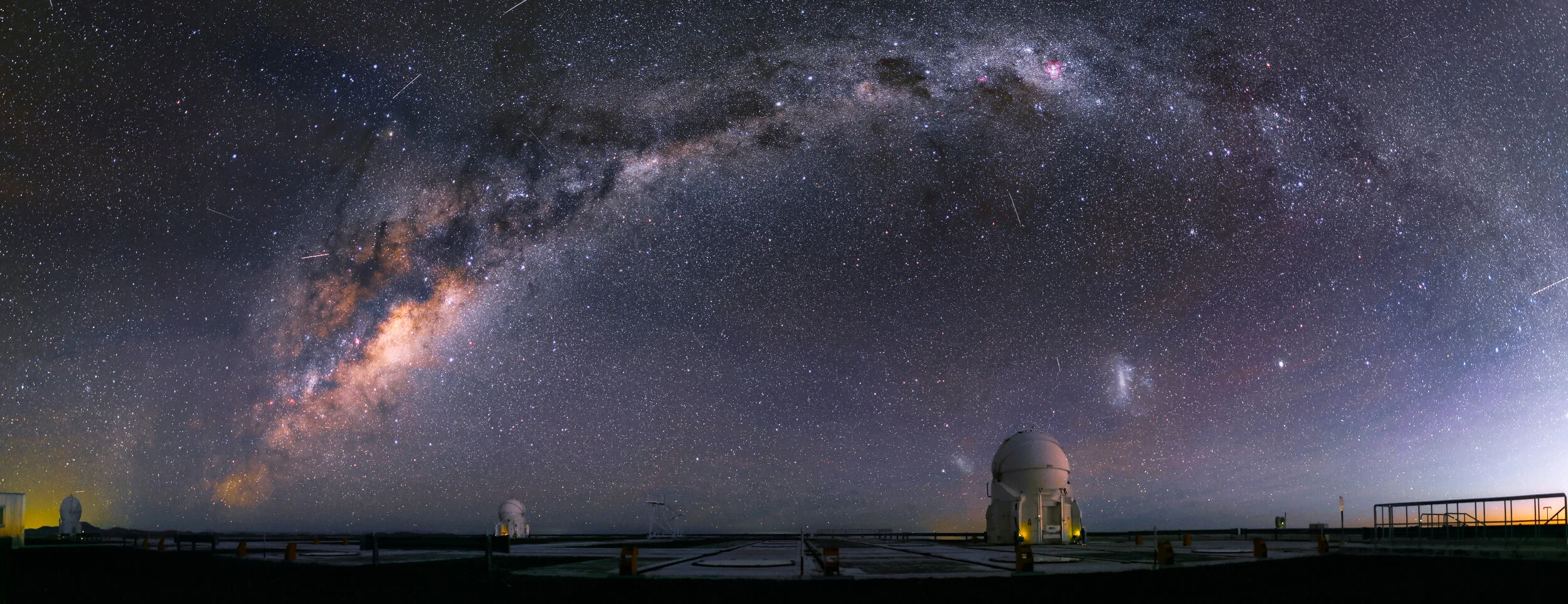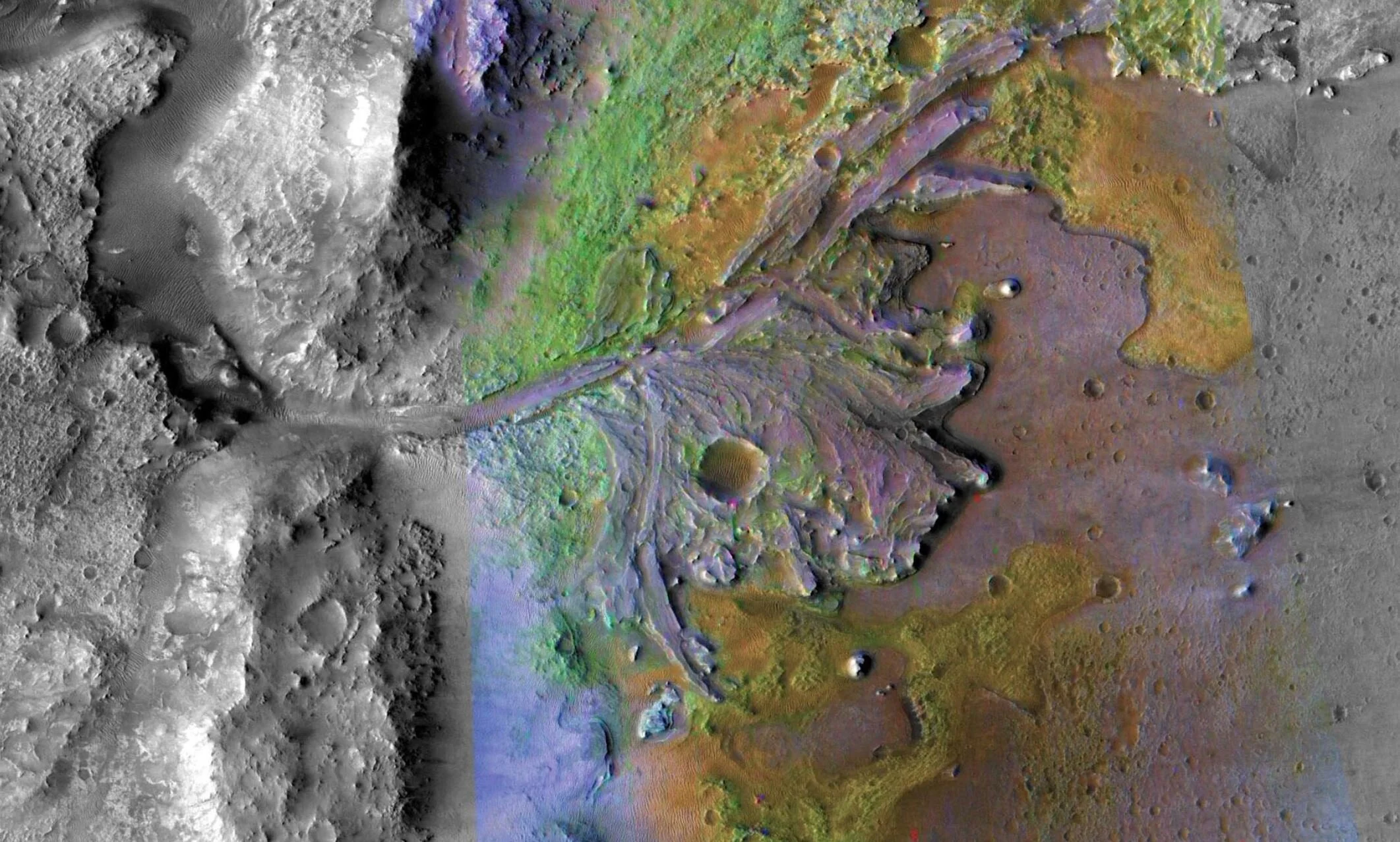Scientists finally solved the long-lasting mystery of the missing ordinary matter of the cosmos.
Hydrogen-breathing aliens? Study suggests new approach to finding extraterrestrial life
In our search for extraterrestrial life, we tend to look at ‘conventional’ Earth-Like exoplanets, searching for atmospheres for recognizable bio-signatures. This makes sense, after all, we only have one sample of a life hosting planet in the universe. Still, it could be smart to also look at different indicators, as alien life might use dissimilar chemistry to our own. In a new study, scientists argue to broaden our search. Professor of Planetary Geosciences, David Rothery, explores the topic in this article.
Hidden Gem: Scientists Discover an Earth-Sized Exoplanet in the Habitable Zone
For the first time ever, astronomers have been able to measure wind speed on a brown dwarf
Space debris: what can we do with unwanted satellites?
The Mars Curiosity Rover might have come across traces of life on Mars
Astronomers discovered a planet where it actually rains iron from the sky
Upgraded Westerbork telescope records puzzling cosmic radio bursts
Space-grown lettuce might be more nutritious than its earth-grown equivalent
New study on super-earth k2-18B shows promising results, it might be capable of harboring life!
Astronomers discovered the biggest explosion in the universe since the Big Bang
The start of a planetary system: how very young stars get ready for the birth of planets
Why building Mars habitats from fungi instead of metal is a brilliant idea
Alien life is out there, but our theories are probably steering us away from it
NASA discovered a potentially habitable, Earth-sized exoplanet!
Our place in the universe will change dramatically in the next 50 years – here’s how
In the upcoming 50 years, humankind will attempt to answer fundamental questions about the universe and the fundamentals of our existence: Is there life on exoplanets? Is there extraterrestrial life in our solar system? Where has all the antimatter in the universe gone? - Robin Smith explains what we can expect
















